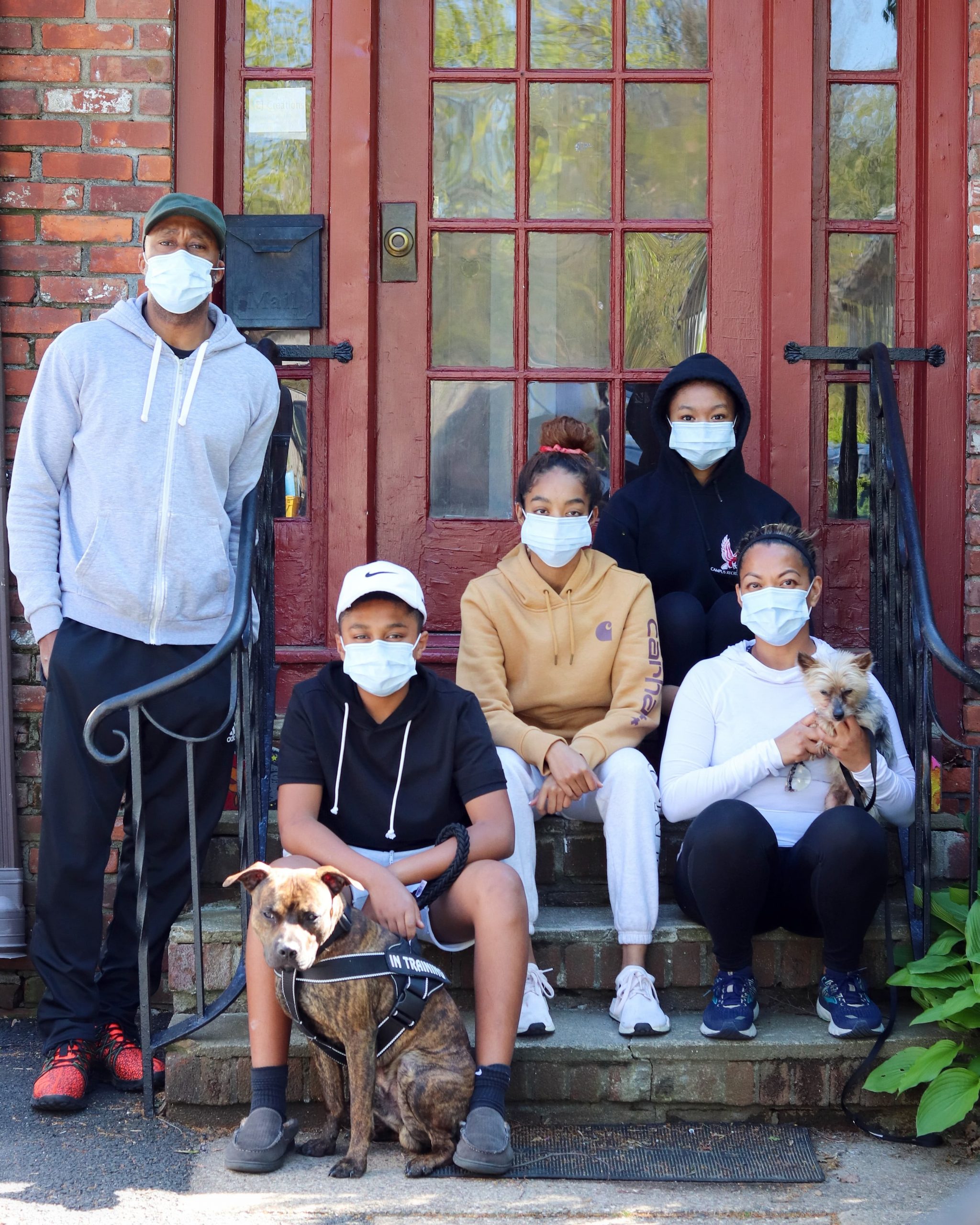Unfortunately, adults are not the only people who have to experience grief in this world–children and teens do, too. And grief is just as individual an experience for teens and children as it is for adults. Let’s focus on the grieving process for teens. What ways do teens express grief, and how can it be improved?
What Is Grief And How Does It Affect Your Teen?
Grief is the very natural response to the death of someone close to us. For a teen, this can mean a parent, grandparent, sibling, friend, or a loved teacher at school. Grief also follows other types of loss, perhaps the divorce of their parents or moving away of a dear friend. Loss produces a sense of being out of control, and sometimes teens in particular do not know how to react to this feeling. Teens need to know that grieving is a natural process, and not a feeling that they should fight or try to ignore. If a teen can understand that grief is a process they must work through, that alone can help them do the work of grieving and move through the grief process.
What Ways Do Teens Express Grief?
Grieving is very individual. Just like adults, teens grieve for varying lengths of time. They also can give voice to a wide variety of feelings. Sadness and crying might be the predominant emotion for one teen, but another teen might express humor and laughter. One teen may withdraw into himself, while another may become more talkative. Your teen may cry a lot–or he may seem to be “shut off.”
The way your teen might grieve depends in large part on their personality. The relationship they had with the deceased person also plays a huge role in their grief. For example, the death of a best friend may actually affect a teenager more than the death of a grandparent or a sibling. This is only because during the teen years, peer relationships are heightened in importance.
How Do I Help My Teen Grieve?
Whatever the way your teen is expressing grief, honor it as their way of coping with their feelings at that time. Be aware that their expressions of grief can change day-by-day, and even hour-by-hour, and it’s natural. If you feel that your teen needs help to grieve in productive ways, there are some things you can do.
Allow your teen to have questions. Grieving teens often question the meaning of life, what happens when they die, and why bad things happen. Allow them to ask their hard questions, and be honest in your answers.
Set loving, reasonable limits for behavior. Some teens have such intense feelings and responses to their grief, that they act out in more rebellious ways. It helps a teen to know what the limits are on their behavior, so set clear limits and don’t excuse behaviors because they are grieving. Knowing your teen is grieving helps you understand why the behavior is happening, but it doesn’t excuse the behavior.
Make sure that other important adults in your teen’s life are aware of the loss and the grieving. This includes school teachers and counselors who may be able to provide additional help at this sensitive time. If rebelliousness becomes a big problem, consult with a professional therapist or a therapeutic boarding school. They are trained in helping grieving teens direct their grief in more constructive ways.











0 Comments